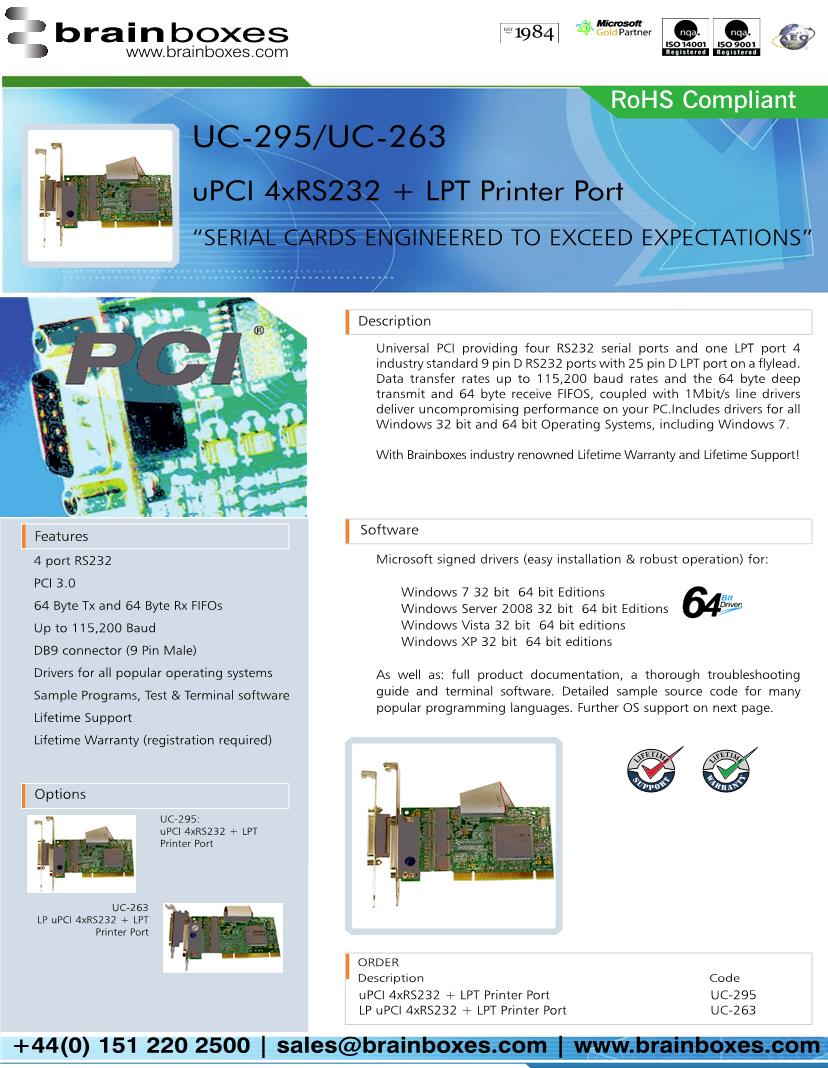Assessment of neuroendocrine dysfunction following traumatic brain injury.
Por um escritor misterioso
Descrição
A screening protocol adapted for selected patients at risk for endocrine problems is described, and physicians should be aware of the importance of neuroendocrine dysfunction following TBI. Posttraumatic neuroendocrine pathology may be a clinically significant complication following traumatic brain injury TBI. Metabolic abnormalities are described after TBI in two cases. A 21 year old male injured in a motor vehicle accident admitted in a minimally responsive condition presented with fluctuating high sodium levels, undetectable serum testosterone, and depressed cortisol and thyroid function. Imaging revealed near complete avulsion of the pituitary stalk leading to panhypopituitarism. A 38 year old male admitted for occipital skull fractures and brain contusions presented with hypona tremia and low serum testosterone. Both patients required hormonal replacement and correction of electrolyte abnormalities. A screening protocol adapted for selected patients at risk for endocrine problems is described. While neuroendocrine screening is not advocated in all TBI patients, physicians should be aware of the importance of neuroendocrine dysfunction following TBI.
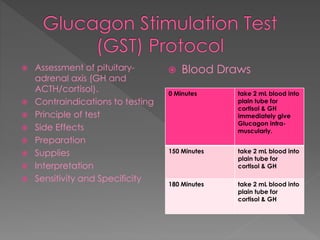
Neuroendocrine dysfunction following traumatic brain injury
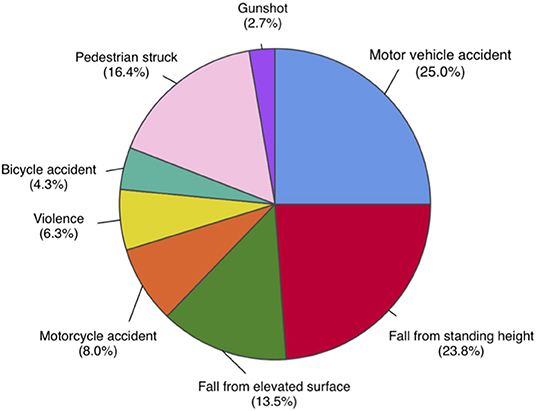
Frontiers Agitation Following Severe Traumatic Brain Injury Is a Clinical Sign of Recovery of Consciousness
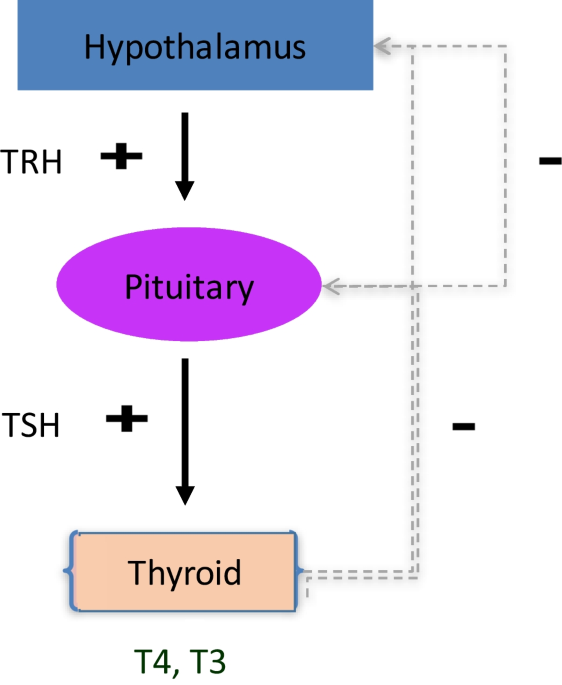
Neuroendocrine Disruptions Following Head Injury

Metabolic disorders on cognitive dysfunction after traumatic brain injury: Trends in Endocrinology & Metabolism
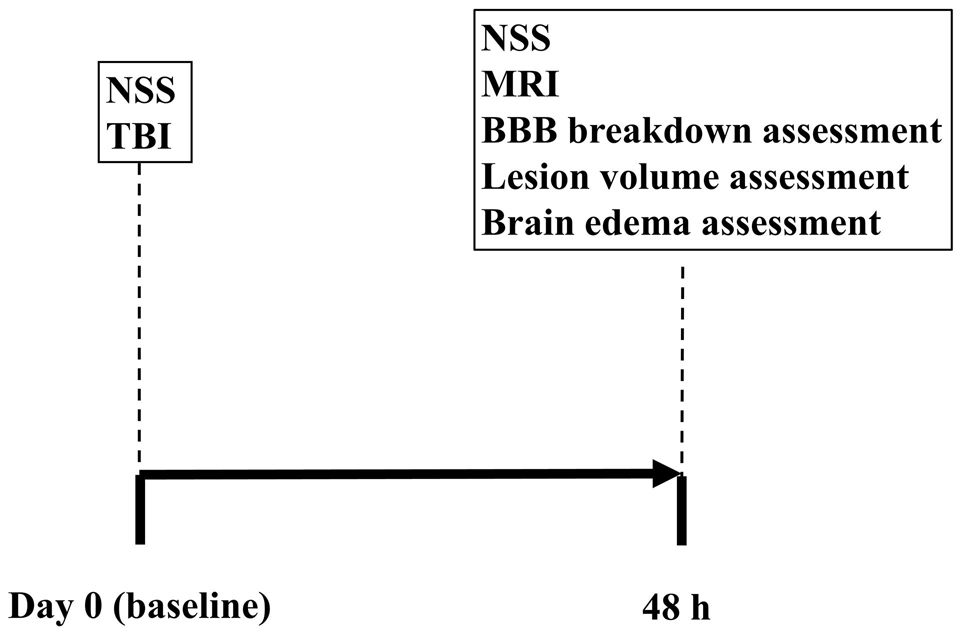
Frontiers A Novel Histological Technique to Assess Severity of Traumatic Brain Injury in Rodents: Comparisons to Neuroimaging and Neurological Outcomes

Autonomic dysfunction following traumatic brain injury: translational insights in: Neurosurgical Focus Volume 47 Issue 5 (2019) Journals
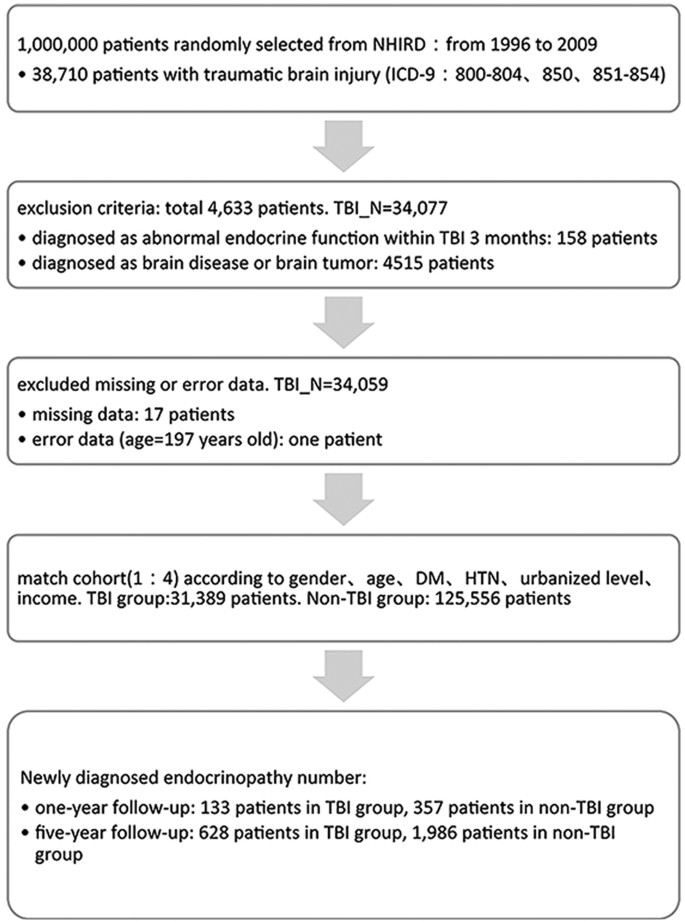
Endocrine dysfunction following traumatic brain injury: a 5-year follow-up nationwide-based study
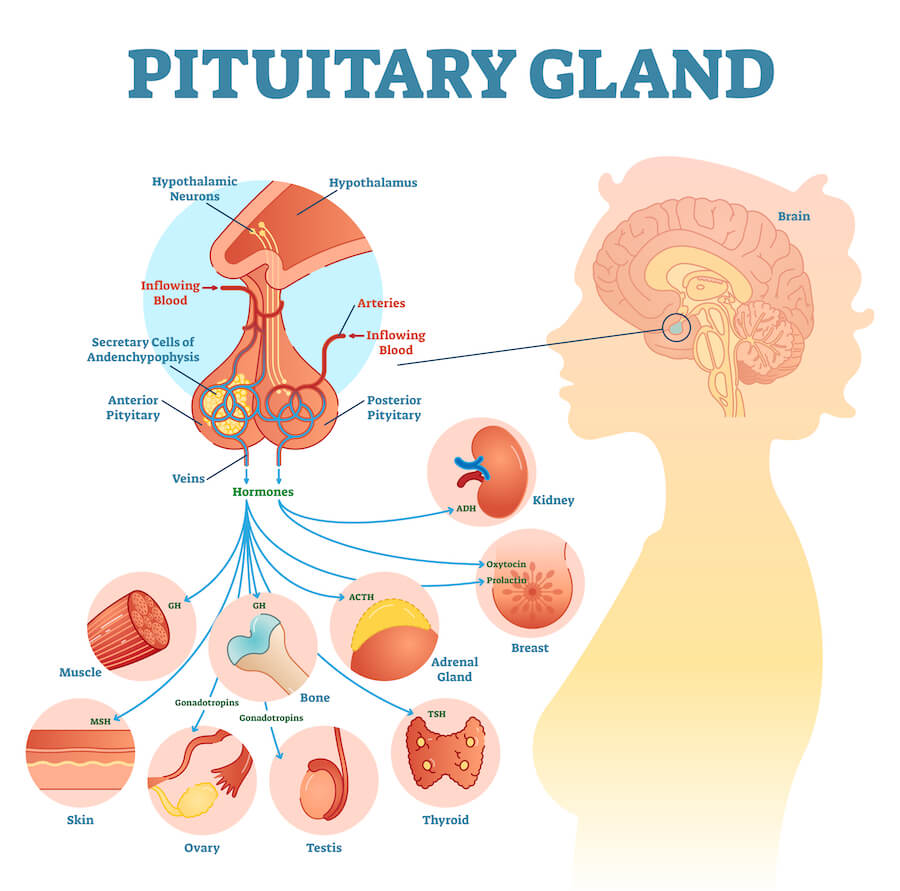
How a Brain Injury Can Cause Hormone Dysregulation

Neuroendocrine disorders after traumatic brain injury
The screening and management of pituitary dysfunction following traumatic brain injury in adults: British Neurotrauma Group guidance
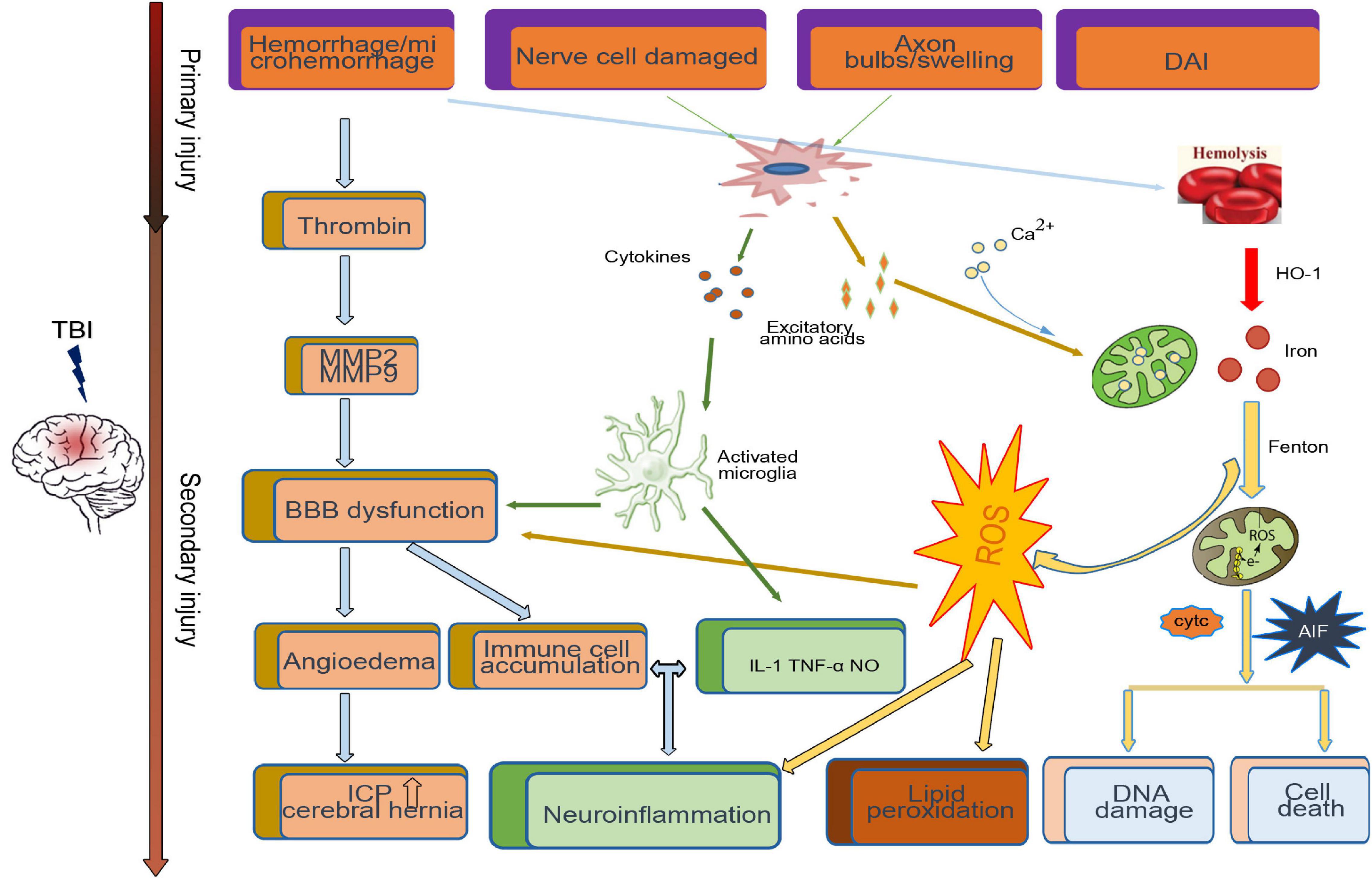
Frontiers Iron Metabolism Disorders for Cognitive Dysfunction After Mild Traumatic Brain Injury
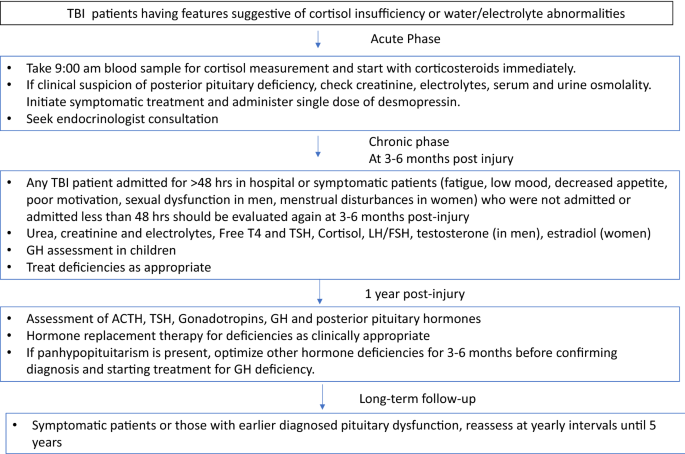
Endocrine Dysfunction After Traumatic Brain Injury: An Ignored Clinical Syndrome?

Effect of frailty on 6-month outcome after traumatic brain injury: a multicentre cohort study with external validation - The Lancet Neurology
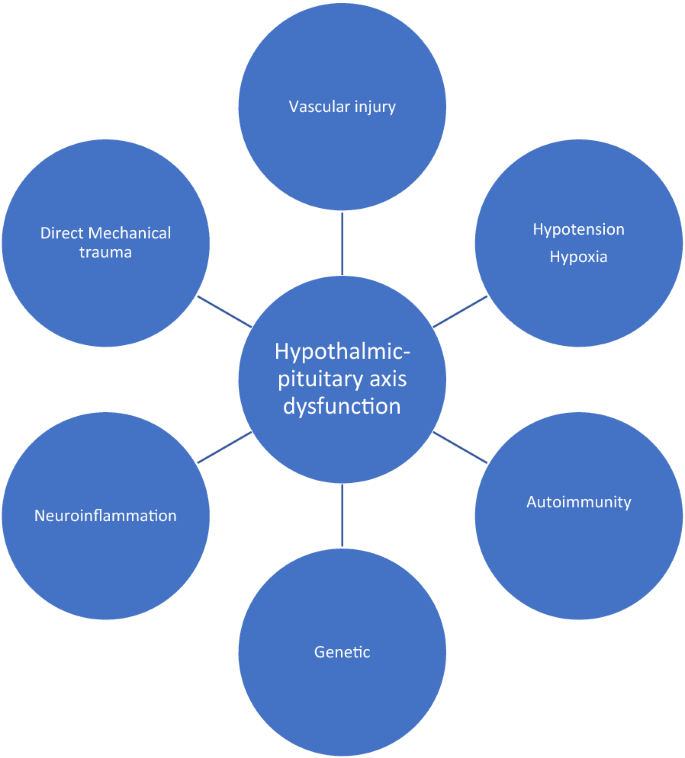
Endocrine Dysfunction After Traumatic Brain Injury: An Ignored Clinical Syndrome?

Traumatic brain injury: Pathology review: Video
de
por adulto (o preço varia de acordo com o tamanho do grupo)


